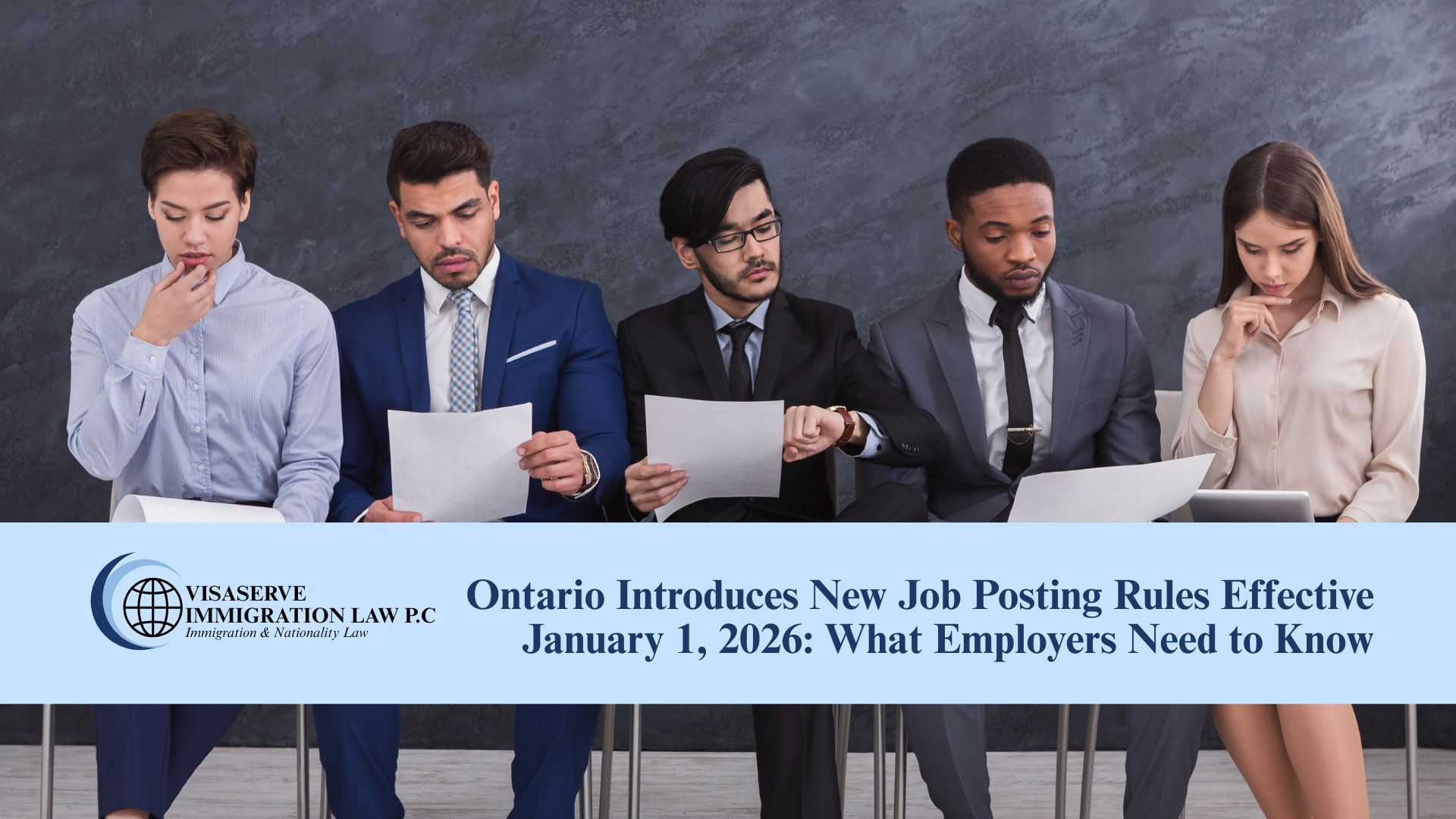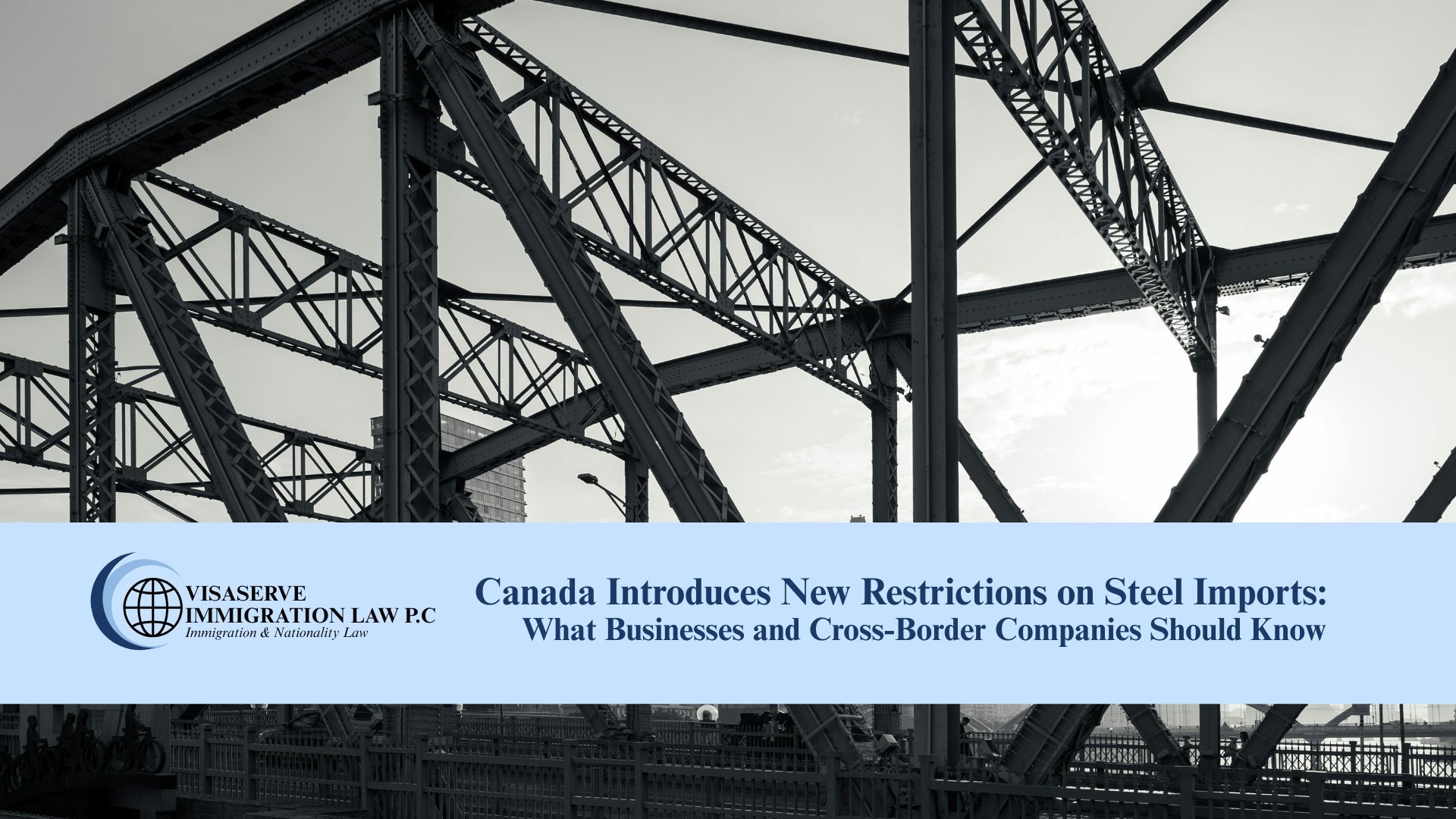The Intra-Company Transfer (ICT) program allows qualifying foreign business owners, executives, senior managers, and specialized knowledge employees to get a work permit in Canada for a related enterprise without the need for a Labour Market Impact Assessment (LMIA). Below is a guide answering some of the most common questions, based on official guidance from Immigration, Refugees and Citizenship Canada (IRCC).
1. Which LMIA-exempt code should be used for an ICT work permit?
The LMIA-exempt code for most Intra-Company Transfer work permits is C12 (Significant Benefit – Intra-Company Transferees). This exemption applies under the International Mobility Program because the transfer is considered to bring significant economic benefit to Canada by facilitating the movement of key personnel.
2. Do you need to own the overseas company to apply under the ICT program?
No. Ownership of the company is not required. You must, however, be currently employed by the overseas entity in an executive, senior managerial, or specialized knowledge capacity, and be transferring to a Canadian parent, branch, subsidiary, or affiliate.
3. Must the overseas company setting up a new branch in Canada be profitable?
While there is no strict profitability requirement for an overseas company opening a new Canadian branch, IRCC requires evidence that the company is financially stable and capable of starting and operating the Canadian entity. Proof may include business plans, financial statements, and projected staffing.
4. Can you apply without visiting Canada first?
Yes. An ICT work permit can be applied for from outside Canada without a prior visit. You will need to submit a complete application with supporting documentation showing the qualifying relationship between the foreign and Canadian entities and proof you meet the eligibility criteria.
5. What are the key eligibility criteria for an ICT work permit?
You must generally meet all of the following:
-
Qualifying relationship between the Canadian and foreign entities (parent, branch, subsidiary, affiliate).
-
At least one year of continuous full-time employment with the foreign entity in the last three years.
-
Transfer to Canada in an executive, senior managerial, or specialized knowledge role.
-
Evidence the Canadian operation will be viable (especially for new start-ups).
6. How long is the work permit valid?
-
For new offices, initial work permits are typically issued for 1 year.
-
For established companies, permits can be issued for up to 3 years.
Extensions may be granted if the Canadian operation remains active and the applicant continues to meet eligibility requirements.
7. What are the processing times?
Processing times vary depending on the applicant’s country of residence and the volume of applications. You can check current estimates on IRCC’s Check processing times tool.
8. How many staff can be transferred under the ICT program?
There is no fixed cap on the number of employees a company can transfer. However, each applicant must independently meet the ICT eligibility criteria, and IRCC will assess whether each transfer serves a legitimate business purpose.
Final Note
The ICT program can be a powerful pathway for foreign companies to establish or expand operations in Canada while bringing key talent. However, applications must be well-prepared to meet IRCC’s evidentiary standards.
Visaserve Immigration Law P.C. regularly advises business owners and executives on structuring ICT applications for maximum compliance and efficiency. Contact us to assess your eligibility and build a strong application.







